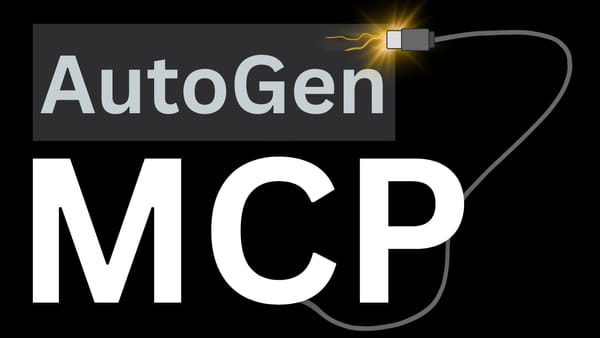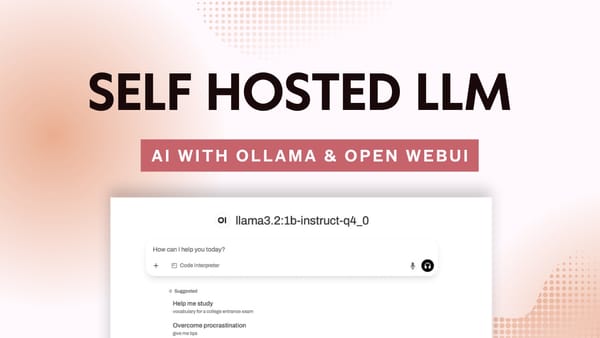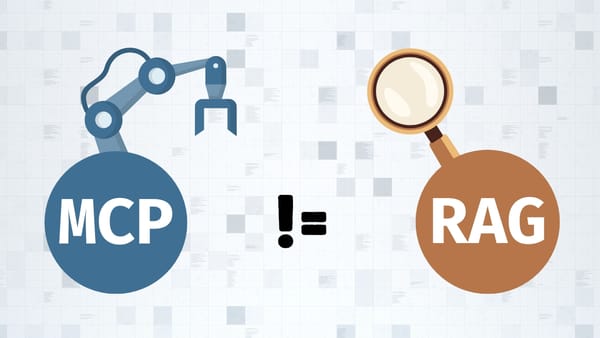What is the difference between LlamaIndex and LangChain
In this post, we'll briefly compare LangChain and LlamaIndex and look at the key features of each solution so that you can choose which is the best suited for your next LLM-powered app.
Introduction
When it comes to developing applications powered by language models, two frameworks stand out: LangChain and LlamaIndex. Both frameworks offer unique features and capabilities that cater to different use cases. In this post, we'll look at the difference between LlamaIndex and LangChain so that you can determine which framework is the best fit for your specific use case.
Introduction to LangChain
From the official docs:
LangChain is a framework for developing applications powered by language models.
Simply put, LangChain is a framework that enables the development of data-aware and agentic applications. It provides a set of components and off-the-shelf chains that make it easy to work with LLMs (such as GPT). Whether you are a beginner or an advanced user, LangChain is suitable for simple prototyping and production apps.
LangChain Components
LangChain exposes high-level APIs (or components) to work with LLMs by abstracting most of the complexities. These components are relatively simple and easy to use.
One such core component is LLMs which easily connect to LLM providers (OpenAI, Cohere, Hugging Face, etc.) allowing you to query easily as such:
const res = await llm.call("Tell me a joke");Off-the-shelf Chains
LangChain includes off-the-shelf chains, so if you're looking to get started quickly, you can make use of the provided pre-built chains that can help you accomplish specific tasks. These chains can be customized or used as a base for building new apps.
One such chain is the SqlDatabaseChain, which quickly allows you to connect a SQL Database and then generate a response from a provided LLM as seen below:
const chain = new SqlDatabaseChain({
llm: new OpenAI({ temperature: 0 }),
database: db,
sqlOutputKey: "sql",
});
const res = await chain.call({ query: "How many tracks are there?" });
/* Expected result:
* {
* result: ' There are 3503 tracks.',
* sql: ' SELECT COUNT(*) FROM "Track";'
* }
*/
console.log(res);Source: https://js.langchain.com/docs/modules/chains/popular/sqlite
Introduction to LlamaIndex
LlamaIndex, (previously known as GPT Index), is a data framework specifically designed for LLM apps. Its primary focus is on ingesting, structuring, and accessing private or domain-specific data. LlamaIndex offers a set of tools that facilitate the integration of private data into LLMs.
Data connectors
LlamaIndex allows you to ingest data from various sources, including APIs, PDFs, SQL databases, and more. These connectors enable seamless integration of data into the LLM application.
Data indexes
LlamaIndex structures the ingested data into intermediate representations that are optimized for LLM consumption. This ensures efficient and performant access to the data.
Engines
LlamaIndex provides different engines for natural language access to the data. These include query engines for knowledge retrieval, chat engines for conversational interactions, and data agents that augment LLM-powered knowledge workers.
I've covered LlamaIndex in a series of posts that I highly recommend you go through if you're more interested in LlamaIndex (by order of publish):
- Introduction to Augmenting LLMs with Private Data using LlamaIndex
- Using Data Connectors to Build a Custom ChatGPT for Private Documents
- A Closer Look into Storage Customization, Persisting and Loading Data
The big question ✨
So which one should you choose?
LangChain is ideal if you are looking for a broader framework to bring multiple tools together. LangChain is also suitable for building intelligent agents capable of performing multiple tasks simultaneously.
On the other hand, if your main goal is smart search and retrieval, LlamaIndex is a great choice. It excels in indexing and retrieval for LLMs, making it a powerful tool for deep exploration of data.
Conclusion
LangChain and LlamaIndex are both valuable and popular frameworks for developing apps powered by language models. LangChain offers a broader range of capabilities and tool integration while LlamaIndex specializes in deep indexing and retrieval for LLMs making it very efficient and fast at this task. Consider your specific use case and requirements to determine which solution aligns best with your specific needs.
If you enjoyed this post, become a member and never miss a new post!
Thanks for reading! 🫶






